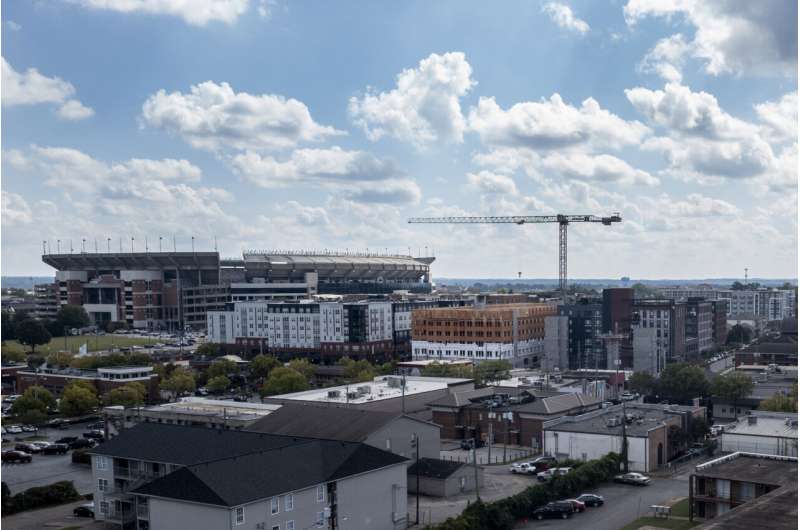Researchers worry about Census’ gap in 2020 survey data

Researchers are worried about coronavirus-related disruptions to one of the U.S. Census Bureau’s most important surveys about how Americans live, saying a gap in the 2020 data will make it more difficult to understand the effects of the COVID-19 pandemic and measure year-to-year changes.
The Census Bureau released a report Wednesday detailing its decision to release the 2020 American Community Survey 1-year estimates only in an experimental format with a warning that it may not meet the agency’s statistical quality standards.
The survey typically relies on responses from 3.5 million households on questions about commuting times, internet access, family life, income, education levels, disabilities, military service and employment, but disruptions caused by the pandemic produced fewer responses.
The lack of reliable 1-year estimates from 2020 are cause for concern for researchers who worry there will be a data gap for a momentous year that saw changes from the pandemic, natural disasters and social justice protests, as well as make it difficult to measure year-to-year developments over time.
“There are two potential problems,” said Paul Ong, a UCLA economics professor. “The first is not having comparable data to track longitudinal changes over time. The second is a far bigger issue, that is, not having the data to examine the pandemic effects. For us, it is important to examine which populations and neighborhoods were most hurt.”
Because the 1-year estimates are released every year, they offer a window into annual changes, something particularly important in 2020 when many researchers want to answer questions such as whether people moved during the pandemic, and if they did, to where, said Kenneth Johnson, a senior demographer at the University of New Hampshire.
“Was there a significant outflow from dense urban cores? Did rural and recreational areas receive significant inflows of migrants? I get asked about this all the time by the media, yet we really haven’t had much good data to look at this,” Johnson said. “The 1-year ACS would have given our first insights into it.”
The bureau first announced problems with the 1-year estimates last summer, and Wednesday’s report goes into details about the problems. They include unreasonable overestimates on median household income, the number of single-family homes, married people and college-educated residents, as well as suspect decreases in the number of noncitizens.
Census Bureau officials are still deliberating whether they will release 5-year estimates from the 2020 American Community Survey, which provides data at smaller geographies and is aggregated over multiple years. The 1-year estimates provide information on places only with at least 65,000 people.
© 2021 The Associated Press. All rights reserved. This material may not be published, broadcast, rewritten or redistributed without permission.
Citation:
Researchers worry about Census’ gap in 2020 survey data (2021, October 27)
retrieved 27 October 2021
from https://phys.org/news/2021-10-census-gap-survey.html
This document is subject to copyright. Apart from any fair dealing for the purpose of private study or research, no
part may be reproduced without the written permission. The content is provided for information purposes only.
For all the latest Science News Click Here
For the latest news and updates, follow us on Google News.

